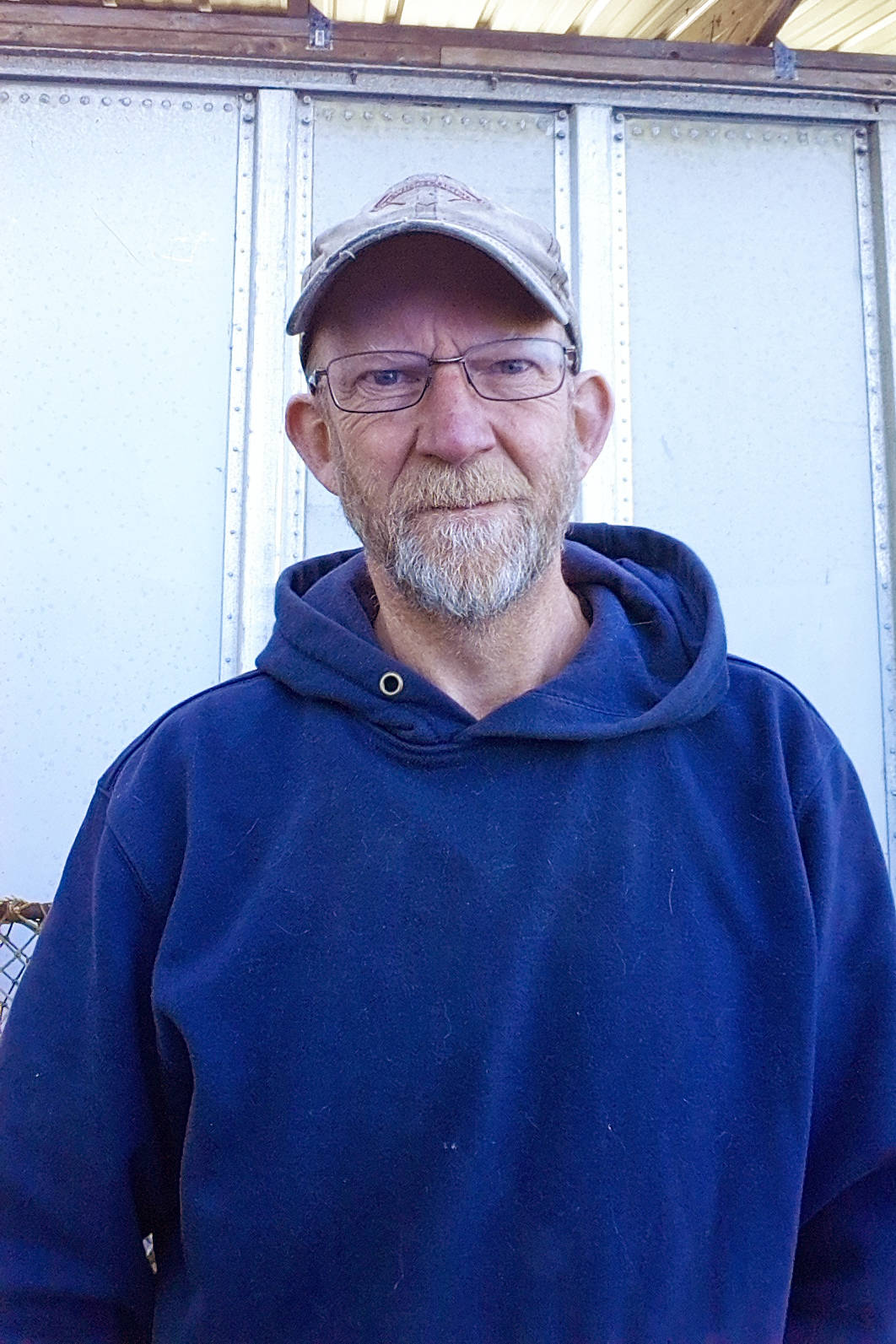In order to “balance” the budget Gov. Mike Dunleavy wants to redirect local fish landing taxes from fishing towns, large and small across the state, to help cover his proposed $1.6 billion cuts to our state government. These revenues have helped fishing towns build infrastructure and support services that feed directly back into the community. That’s a very democratic and thought-forward use of tax revenue.
Dunleavy says he wants to start at zero (i.e. no funding for anything) and build our state’s budget from the ground up. One huge sector that didn’t start at zero was tax breaks for the oil and gas industry. How much did he propose cutting from those? Well zero. The per barrel deductible tax credit that the industry got with Senate Bill 21 alone currently clocks in at $1.25 billion. That seems pretty darn close to what he has on the table for cuts.
So fishermen, see what Dunleavy wants your landing tax to cover: tax breaks for the wealthiest corporations on planet earth. Dunleavy and much of the Legislature will tell you over and over that our state needs to provide these tax breaks to incentivize the industry. But as soon as a study comes out (there have been numerous) that points out that Alaska is about the most profitable region for the oil and gas industry, they quickly sweep it under the rug.
Alaska gives the oil and gas industry billions of dollars every year with the hope that the state will reap returns on the investment. Alaska doesn’t require a contract or really any concrete accounting on how well their investment did. But, if we look at the empirical data on how well the tax breaks have performed, there’s little evidence they’ve done anything, yet we continue to give billions away every year.
So, imagine if you will, an extremely wealthy man joins your local church and convinces the pastor that if he receives 50 percent of the collection every Sunday, he’ll invest that money into his business and in return renovate the church, supply transportation for the elderly on Sundays, expand the community food pantry, and start a new Sunday school program. This sounds great, so with a handshake the deal is done.
In the meantime while this man invests his new collection proceeds, the church has to put off repairs to a leaking roof, cut back on the number of free meals it can serve the homeless, and the number of books and materials for the existing Sunday school classes. Years go by and the wealthy man patches the roof, and draws up sketches for a new school wing, but nothing really happens. Meanwhile the church’s infrastructure is failing, the number of homeless is increasing, fewer elderly are able to go to service, and the congregation’s children are falling behind because of reduced Sunday school programs.
Well, this would never happen in this setting, because it would be irresponsible and disrespectful to the congregation to maintain an agreement like that. Yet, this is exactly what our state government has been doing for years. Dunleavy is taking it to a whole ‘nother level though. He’s not only giving our state revenues away to multibillion-dollar corporations and asking everyone on both sides of the collection plate to pay for it, he also wants to reach deep into communities to tap into our local revenue.
The Legislature needs to move forward and pass SB14, “Repeal certain credits against the oil and gas production tax,” before moving forward on any budget cuts.
Mike Byerly is a local resident and “just another ticked-off Alaskan asking for reasonable leadership.”
• By Mike Byerly, For the Homer News

